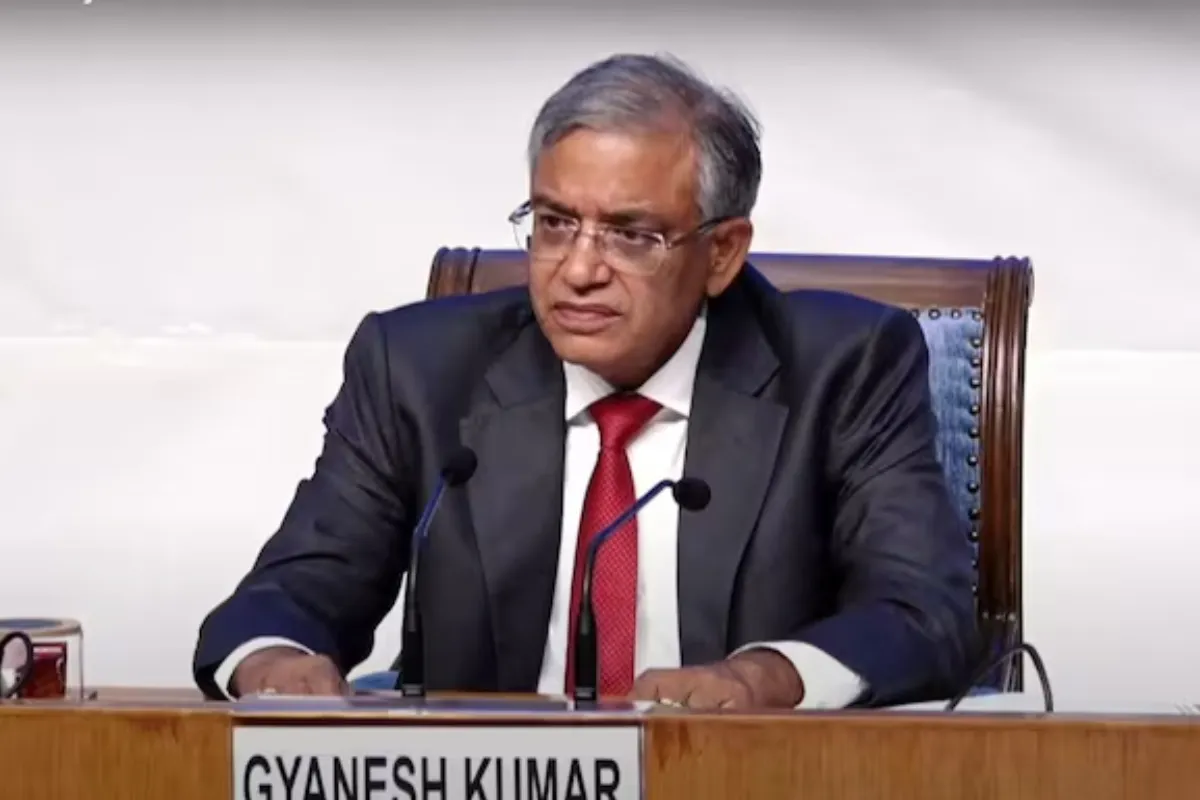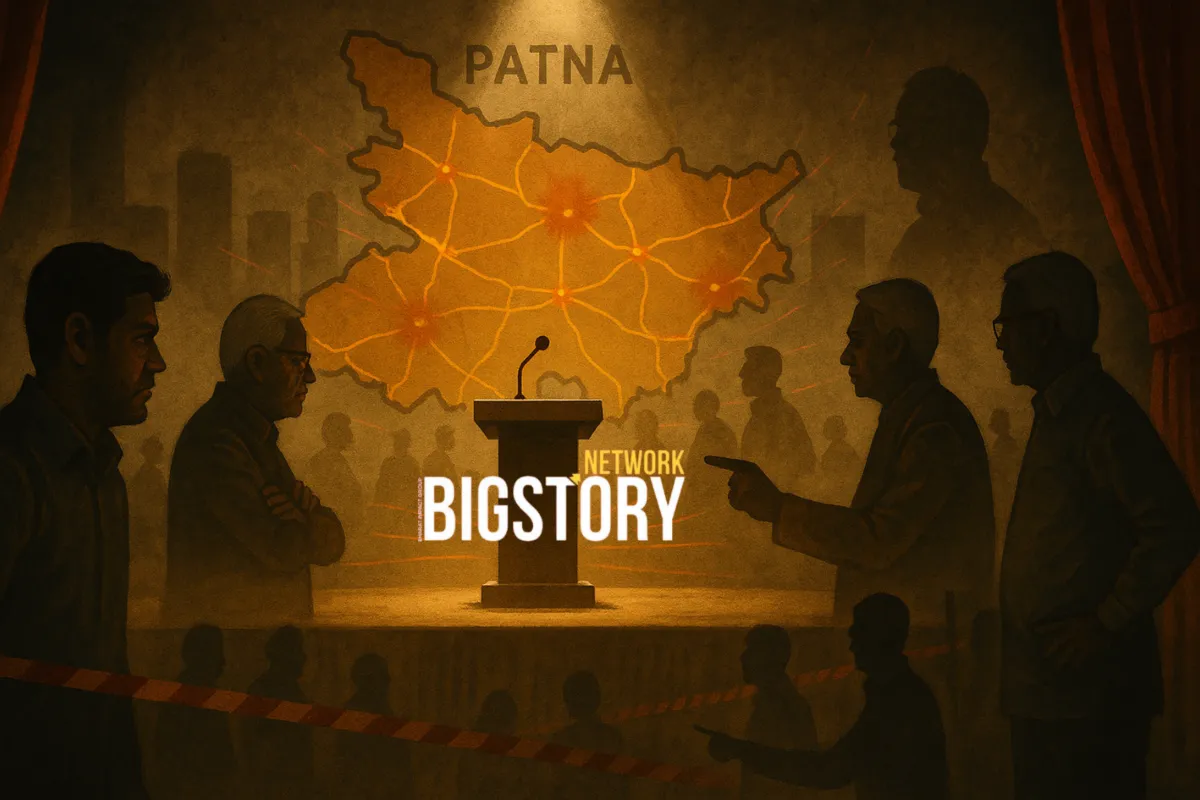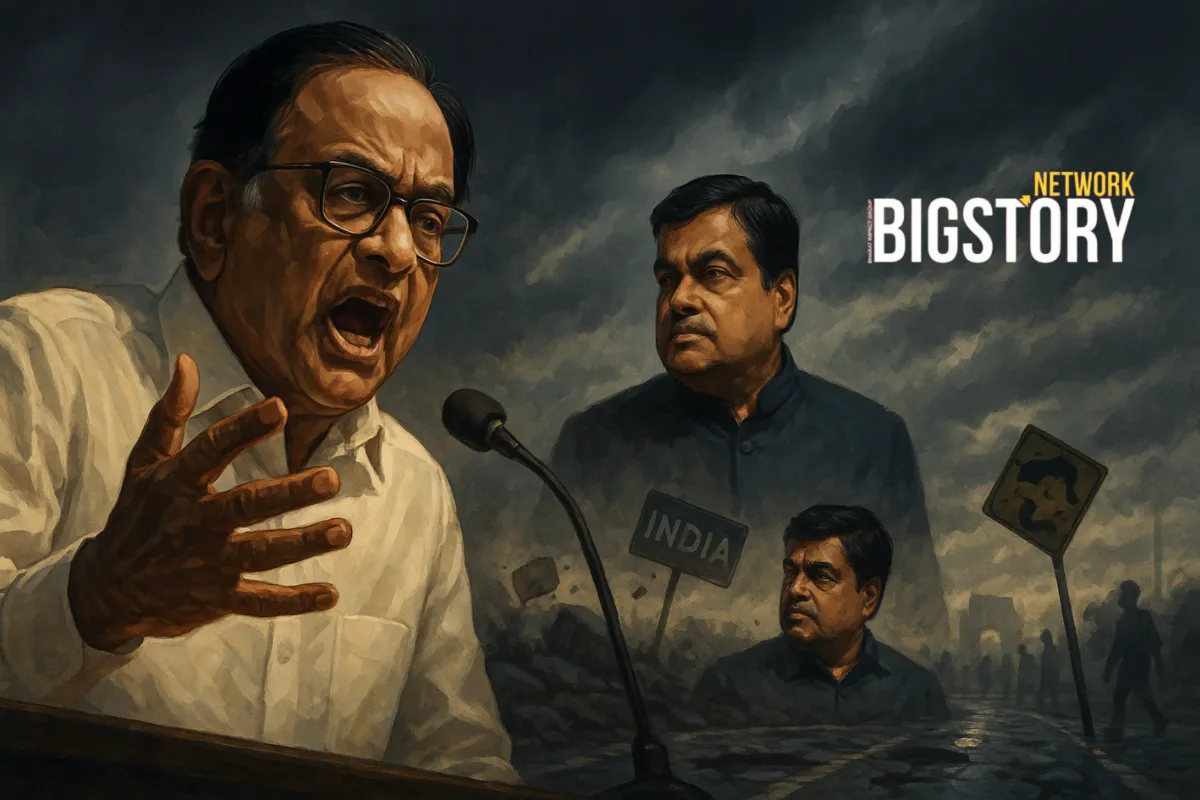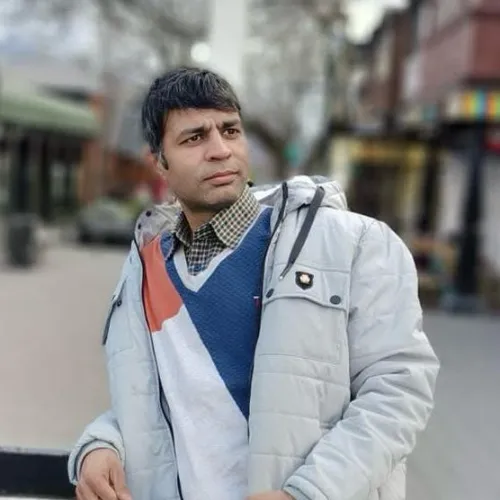In a dramatic and combative press conference, Chief Election Commissioner (CEC) Gyanesh Kumar has issued a direct challenge to Congress leader and Leader of the Opposition Rahul Gandhi, giving him a seven-day deadline to either substantiate his explosive "vote chori" (vote theft) allegations with a sworn affidavit or issue a public apology to the nation. The ultimatum marks a significant escalation in the standoff between the Election Commission of India (ECI) and the opposition, which has now reportedly decided to move an impeachment motion against the CEC.
The controversy ignited after Rahul Gandhi, in a press conference on August 7, accused the ECI of colluding with the ruling BJP to manipulate electoral rolls on a massive scale. Through a detailed PowerPoint presentation, he alleged that a survey in Karnataka's Mahadevapura assembly segment uncovered over 100,000 "stolen" votes, facilitated by irregularities such as duplicate voter entries, fake addresses, and the misuse of voter registration forms. He claimed this was indicative of a nationwide fraud. These allegations were made as Gandhi launched a 1,300-km 'Voter Adhikar Yatra' (Voter Rights March) from Bihar, a state currently undergoing a Special Intensive Revision (SIR) of its electoral rolls.
The CEC's Point-by-Point Rebuttal
Flanked by the two other Election Commissioners, CEC Gyanesh Kumar held his first press conference since the row began and systematically dismantled Gandhi's claims, terming them "baseless" and "misinformation" without naming the Congress leader directly.
"There is no third option," Kumar stated firmly. "An affidavit will have to be given or an apology will have to be made to the country. If the affidavit is not received within seven days, it means that all these allegations are baseless".
The CEC addressed several of the specific allegations:
- On Duplicate Entries: Kumar explained that the presence of duplicate names on electoral rolls does not automatically equate to fraudulent voting. He noted that due to migration, many voters fail to get their names deleted from previous rolls, a process he described as "legally difficult." He emphasized the distinction between a name on a list and the act of casting multiple votes, stating that accusing voters of such without proof is akin to labeling them "criminals".
- On "House Number Zero": Responding to claims about thousands of voters being registered to non-existent addresses like "House No. 0," the CEC clarified that this is a standard practice used for voters residing in unnumbered houses or slums, and does not indicate fraud.
- On the Bihar SIR Exercise: Kumar defended the timeline for the revision of electoral rolls in Bihar, rejecting accusations that it was being done in a rush. He cited the Representation of the People Act, which mandates the ECI to rectify voter lists before every election, stating it is the Commission's "legal responsibility". He confirmed that the list of 65 lakh voters deleted from Bihar's draft roll was uploaded within 56 hours of a Supreme Court directive.
- On Releasing CCTV Footage: The CEC took a strong stand against the opposition's demand for polling booth CCTV footage, citing privacy concerns. He pointed out that photos of electors were displayed without their consent during Gandhi's press conference and questioned the ethics of sharing videos of voters, including women, publicly.
A Constitutional and Political Firestorm
The CEC's aggressive stance has been met with defiance from Rahul Gandhi and the opposition. While addressing a rally in Bihar, Gandhi questioned why he was being asked to submit an affidavit when no similar demand was made of BJP leaders who had made claims about electoral processes in the past.
This confrontation has now moved beyond a war of words. The opposition INDIA bloc is reportedly planning to move an impeachment motion against CEC Gyanesh Kumar in Parliament, a significant and rare step that underscores the deep rift between the electoral body and a major political coalition.
The CEC, however, remained resolute. He argued that if parties fail to point out errors within the stipulated timelines for electoral roll revision or challenge results through an election petition within 45 days, then making "false allegations of 'vote chori' is a subversion of the Constitution". "A lie, if repeated several times, does not become a truth," he asserted, accusing parties of "firing from the Election Commission's shoulder". As the seven-day deadline ticks, the nation watches a confrontation that strikes at the heart of India's democratic process.







Leave a Reply